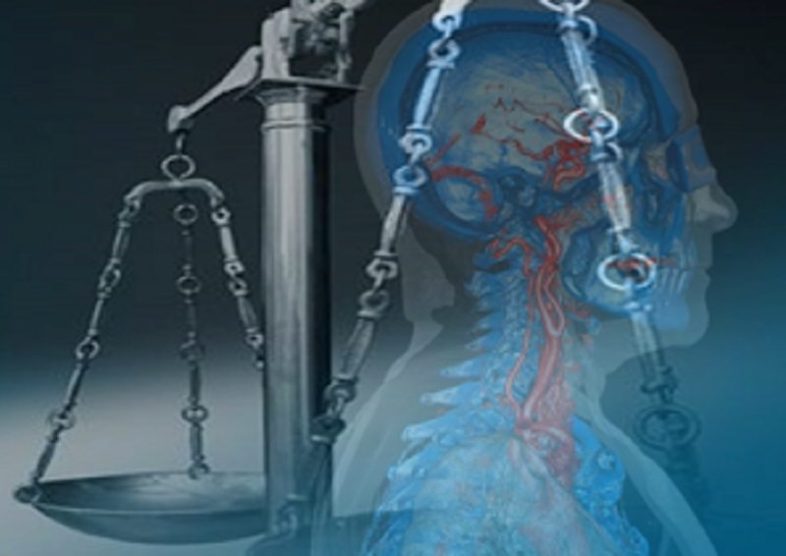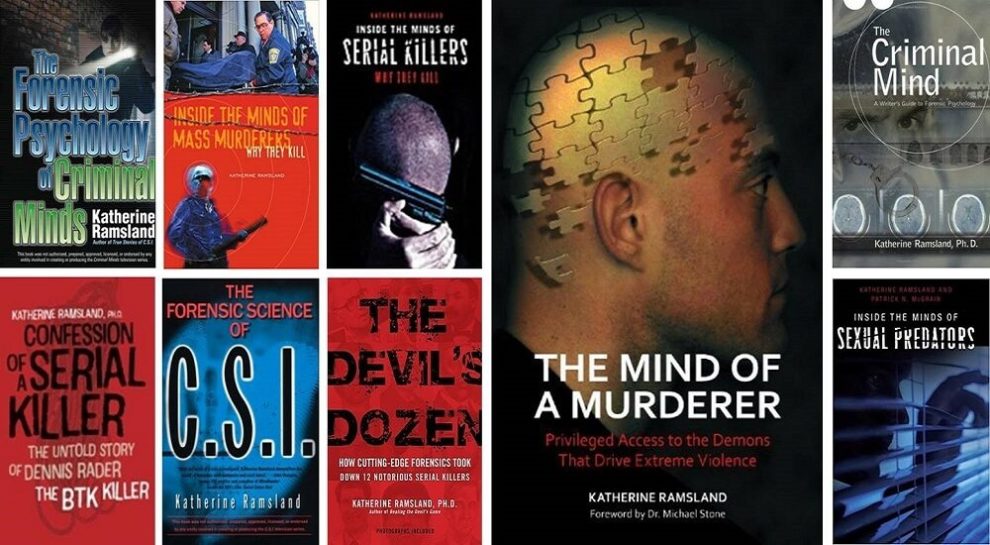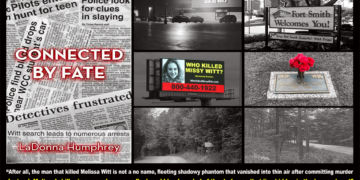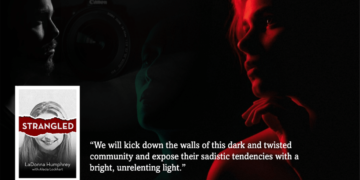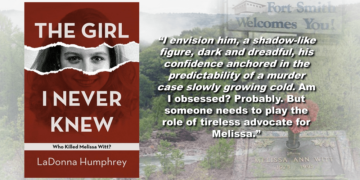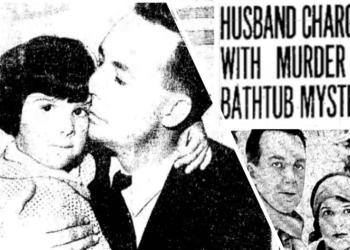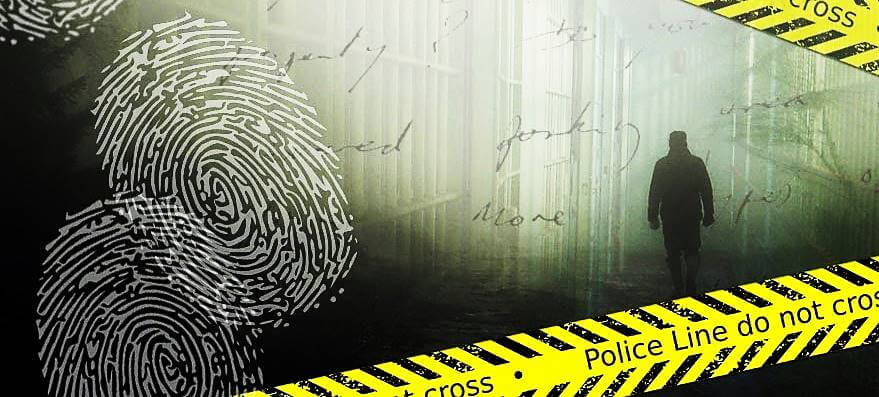A republished article from Christine Roth at the University of Rochester on Futurity, a non-profit website which features the latest discoveries by scientists at top universities in the US, UK, Canada, Europe, Asia and Australia. Read the original article here.
A new intervention reduces criminal convictions, jail time, and hospitalizations by roughly 50 percent among people with severe mental illness. This population is more than four times more likely to be arrested than other adults and accounts for nearly 20 percent of the US prison population. Once behind bars, they often wait months or longer to receive appropriate treatment. Different approaches to address the problem have been tried and tested in cities across the country, but with mixed results.
“If we want to fix the problem, we have to understand it.”
Additionally, the model—which hinges on active collaboration and shared problem-solving between mental health and criminal justice systems—has proven to keep mentally ill individuals in treatment twice as long as the study’s comparison program.
In a three-year, randomized-control study conducted by clinical researchers at the University of Rochester Medical Center’s department of psychiatry, the Rochester Forensic Assertive Community Treatment model (R-FACT) withstood rigorous examination and now holds promise for cities across the United States. The study appears in the journal Psychiatric Services.
“Our research suggests that it’s possible to prevent criminal recidivism among people with even the most severe mental illnesses and substantial criminal histories,” says study principal investigator J. Steven Lamberti, professor of psychiatry. “We found that by combining the expertise of mental health and criminal justice professionals in a certain way, we can promote both individual health and public safety.”
R-FACT “promotes patient engagement in treatment and community tenure through collaboration with criminal justice partners. Such efforts will likely have large beneficial downstream effects for this population,” says co-investigator and forensic psychiatrist Robert L. Weisman.
The trend of mentally ill individuals languishing in prisons has coincided with the downsizing of US psychiatric hospitals in the 1980s, research shows. The Rochester Psychiatric Center, for example, once housed as many as 3,000 patients, but serves only about 100 today.
For many years, researchers believed the solution to the high rate of incarceration among the mentally ill (often involving the same individuals with repeated incarcerations) was simply to provide better mental health treatment.
Experts developed outreach programs staffed with culturally diverse psychiatric clinicians, social workers, and case managers who made “house calls.” These kinds of programs proved to be effective at reducing hospitalizations, but not criminal involvement.
A talk that a criminologist gave at a national conference caused Lamberti to channel his energies in a new direction. His attention turned toward understanding the multiple and unique “criminogenic risk factors” of mentally ill individuals, such as antisocial personality, criminal thinking, social support for crime, and substance abuse—coupled with psychiatric issues like psychosis, paranoia, cognitive impairment, and trauma—and how this combination makes people more vulnerable and less responsive to standard correctional intervention.
“If we want to fix the problem, we have to understand it,” Lamberti says. “People with severe mental illness have much higher rates of criminogenic risk factors, along with other issues that affect how they relate to others. The key to preventing recidivism is to engage these individuals in specific interventions that target the things driving their involvement with the criminal justice system.”
But engaging individuals in treatment—especially those resistant or fearful of it—is the hardest part, Lamberti says.
The Rochester FACT prototype is a result of several years of research, trial-and error, multiple studies, and focus groups. The program uses legal leverage to engage individuals in mental health treatment that systematically targets their criminogenic risk factors. Getting judges, lawyers, probation officers, and other criminal justice professionals to “buy-in” to the program is key.
“Legal leverage isn’t about making threats to force compliance, or simply reporting infractions,” Lamberti says. “It’s about the appropriate, respectful use of legal authority to guide people toward engagement.”
“It also requires getting mental health and criminal justice professionals to problem-solve together, and to consider therapeutic alternatives to punishment. Our clients are men and women who feel demoralized and discouraged, they are at their very lowest point, and they need more rewards than sanctions.”
The National Institute of Mental Health supported this work.
Source: University of Rochester
Read the original study.
‘How to keep people with mental illness out of prison’ by Christine Roth, University of Rochester on futurity.org.
Republished under CC-BY-4.0.











